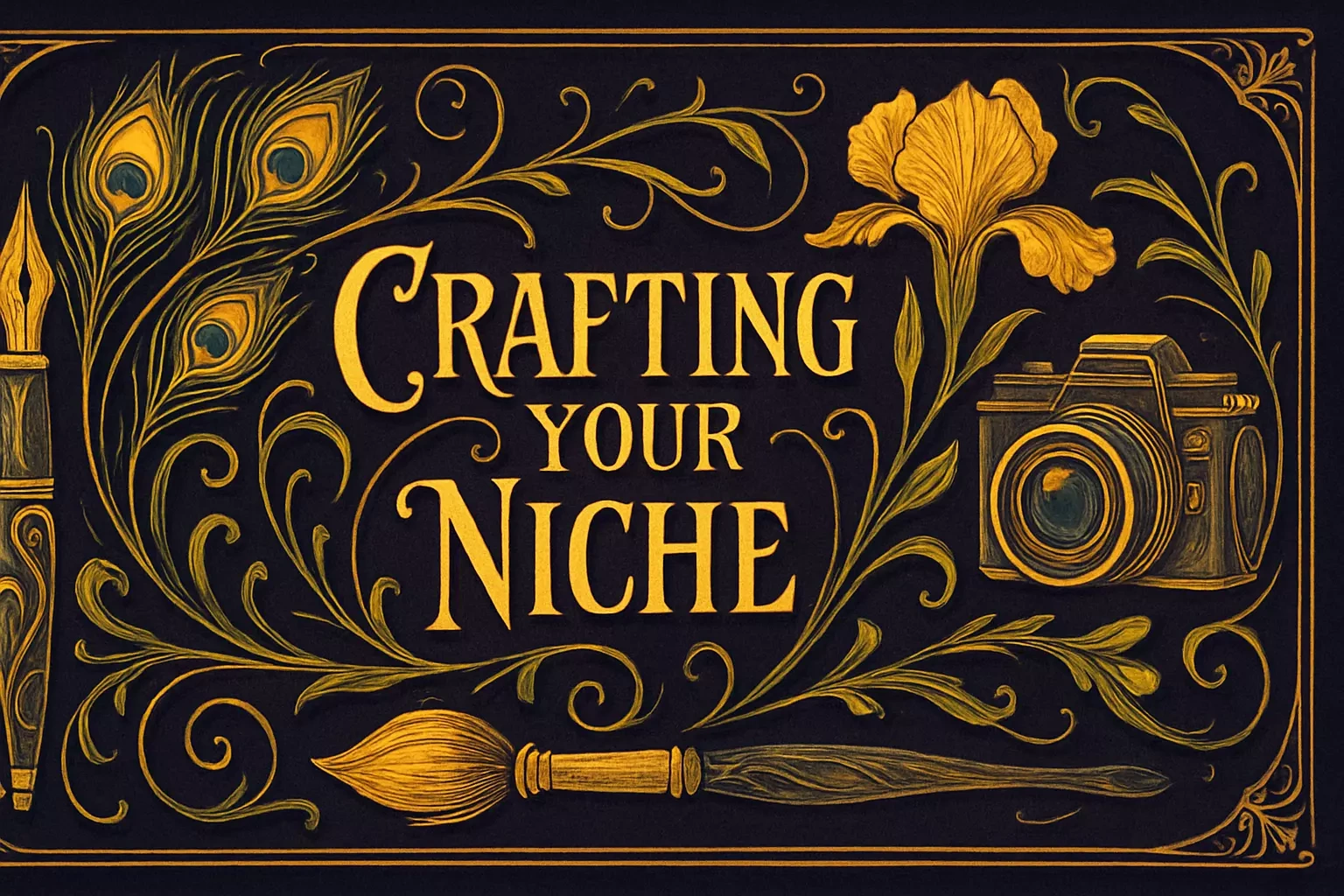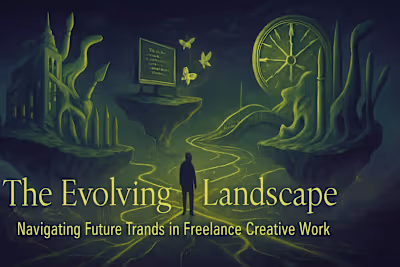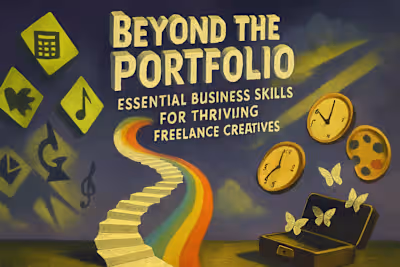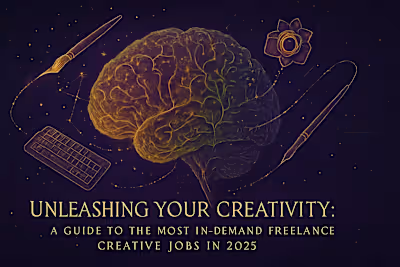Crafting Your Niche: How Specialization Can Elevate Your Freelance Creative Career

Crafting Your Niche: How Specialization Can Elevate Your Freelance Creative Career
Why Specialize? The Advantages of Niching Down
Becoming an Expert and Building Authority
Attracting Ideal Clients and Higher Rates
Reduced Competition and Easier Marketing
Increased Efficiency and Job Satisfaction
Identifying Your Profitable Niche
Assessing Your Skills, Passions, and Experience
Researching Market Demand and Profitability
Analyzing Competitors in Potential Niches
Testing and Refining Your Niche
Examples of Creative Niches
Niches in Graphic Design (e.g., packaging for sustainable brands, infographics for tech startups)
Niches in Writing (e.g., B2B SaaS content, email marketing for e-commerce, grant writing for non-profits)
Niches in Video Production (e.g., short-form social media videos, corporate training videos, drone videography)
Niches in UI/UX (e.g., mobile app design for healthcare, e-commerce checkout optimization)
Marketing Yourself as a Specialist
Tailoring Your Portfolio and Website to Your Niche
Targeted Networking and Outreach
Creating Niche-Specific Content
When to Specialize (and When Not To)
Gaining Experience Before Niching Down
The Evolving Niche: Adapting to Market Changes
Conclusion
References
Crafting Your Niche: How Specialization Can Elevate Your Freelance Creative Career
Why Specialize? The Advantages of Niching Down
Becoming an Expert and Building Authority
Attracting Ideal Clients and Higher Rates
Reduced Competition and Easier Marketing
Increased Efficiency and Job Satisfaction
Identifying Your Profitable Niche
Assessing Your Skills, Passions, and Experience
Researching Market Demand and Profitability
Analyzing Competitors in Potential Niches
Testing and Refining Your Niche
Examples of Creative Niches
Niches in Graphic Design (e.g., packaging for sustainable brands, infographics for tech startups)
Niches in Writing (e.g., B2B SaaS content, email marketing for e-commerce, grant writing for non-profits)
Niches in Video Production (e.g., short-form social media videos, corporate training videos, drone videography)
Niches in UI/UX (e.g., mobile app design for healthcare, e-commerce checkout optimization)
Marketing Yourself as a Specialist
Tailoring Your Portfolio and Website to Your Niche
Targeted Networking and Outreach
Creating Niche-Specific Content
When to Specialize (and When Not To)
Gaining Experience Before Niching Down
The Evolving Niche: Adapting to Market Changes
Conclusion
References
Posted Jun 11, 2025
Discover the power of specialization in freelance creative work. Learn how to identify your niche, attract ideal clients, and command higher rates as an expert.









